Do you always expect the expert to be right? Times are changing! In a pre-Covid world, staffing and stock shortages weren’t an everyday problem. Today, those issues are disrupting customer’s and professional’s expectations alike, causing estimate errors and delaying timelines for months on end. Being a customer is no longer a passive role: It’s time for the customer service exchange to be a real partnership. On this episode of Let’s Talk Service, I discuss how to ask the right questions to navigate tricky customer service situations, properly manage emotions and expectations, and create a partnership that will leave you feeling truly satisfied.
This episode, we discuss:
[0:54] The impact of not asking the right questions
As customers, we typically expect experts to be the experts, meaning that, consciously or not, we believe or act as if they know it all. The reality is, things won’t always go according to plan. This is why questions are very important. As the customer, you want to find out as much information as you can about the people, services, and products involved in your estimate. If you don’t end up asking the right questions, you could end up with an unreliable contractor, tricky sales tactics disguised as lowball estimates, or other unrealized risks. The bottom line is that you always want to ask detailed questions and carry out your own risk assessment.
[4:24] How to build a partnership with the experts
When an expert comes into your home to provide you with an estimate, it’s really important to start to build a partnership immediately. It doesn’t have to be a long, drawn out process. Start by introducing yourself, and then ask about their business. Tell them you’ve read their reviews online. Ask them how often they fulfill your specific kind of service. Ask what their margin of error is. No matter what level of focus your professional came in with, this type of conversation will ensure they are engaged and zeroed in on your specific needs. It sets a foundation for a good partnership, allowing conversations that will open the door to better results. In the end, it’s their company that is providing the service, but you’re the one who is really in control of the customer service interaction.
[5:46] What to do when you’re given an estimate
The moment you receive an estimate, you should start asking questions. Never just accept an estimate as is, even if you think it’s a fair quote. If you do not have an advocate to consult, ask a friend if the estimate seems reasonable. Make sure you understand what your variables are and ask about their margin of error. Be sure to get these details in writing so that you have something to reference at the end of the job, just in case something unexpected finds its way into your invoice. Whether you think it’s a fair estimate or not, make sure you’re asking the right questions before you accept.
[7:50] Why ‘client pleasing’ causes issues in a post-Covid world
Over the years, I’ve come to learn that for some companies, it’s not about trust and honesty, it’s about wanting to please the client. With that mentality, it’s as if they’re just praying everything is going to work out, but sometimes it doesn’t. It’s in these moments that it’s critical you approach your customer service experience as a partnership. In pre-Covid times, praying it would all go well mostly worked. Now, staff shortages and supply chain issues are at an all time high, so transparency is key on both sides of the customer service relationship. When somebody is coming into your home to give you an estimate on anything, don’t assume that they have all the answers. Know that things may not go as planned, and be prepared to ask, ‘how can we work together?”
Thank you for listening! I’d love you to join me for a new episode every other Tuesday and hear from our guests and their perspective on fabulous customer service. If you’re interested in more information, check out Bond and Des Voeux on Instagram!

